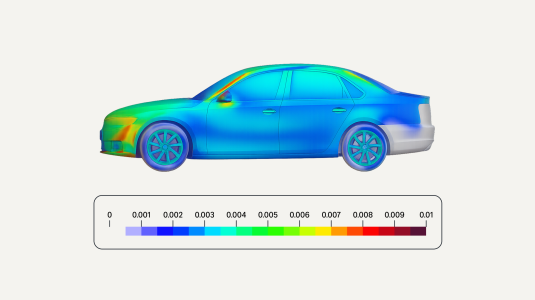Customer-obsessed science


Research areas
-
September 26, 2025To transform scientific domains, foundation models will require physical-constraint satisfaction, uncertainty quantification, and specialized forecasting techniques that overcome data scarcity while maintaining scientific rigor.
-
Featured news
-
E-commerce platforms typically store and structure product information and search data in a hierarchy. Efficiently categorizing user search queries into a similar hierarchical structure is paramount in enhancing user experience on e-commerce platforms as well as news curation and academic research. The significance of this task is amplified when dealing with sensitive query categorization or critical information
-
2024The increasing use of transformer-based large language models brings forward the challenge of processing long sequences. In document visual question answering (DocVQA), leading methods focus on the single-page setting, while documents can span hundreds of pages. We present GRAM, a method that seamlessly extends pre-trained single-page models to the multi-page setting, with-out requiring computationally-heavy
-
2024Synthesizing novel views for dynamic scenes from a collection of RGB inputs poses significant challenges due to the inherent under-constrained nature of the problem. To mitigate this ill-posedness, practitioners in the field of neural radiance fields (NeRF) often resort to the adoption of intricate geometric regularization techniques, including scene flow, depth estimation, or learned perceptual similarity
-
EACL 2024 Workshop on Natural Language Processing for Human Resources2024Recent advancements in Large Language Models (LLMs) have been reshaping Natural Language Processing (NLP) task in several domains. Their use in the field of Human Resources (HR) has still room for expansions and could be beneficial for several time consuming tasks. Examples such as time-off submissions, medical claims filing, and access requests are noteworthy, but they are by no means the sole instances
-
WSDM 2024 Workshop on Interactive and Scalable Information Retrieval Methods for E-Commerce2024Query Autocomplete (QAC) systems predict the best query suggestions based on customer typed prefix and other contextual signals. Conventional techniques employ the Most Popular Completion (MPC) method, where query suggestions that are popular and begin with the prefix (prefix aware) are retrieved from a pre-computed index. To account for contextual signals like past search activity of the user in the session
Collaborations
View allWhether you're a faculty member or student, there are number of ways you can engage with Amazon.
View all














































